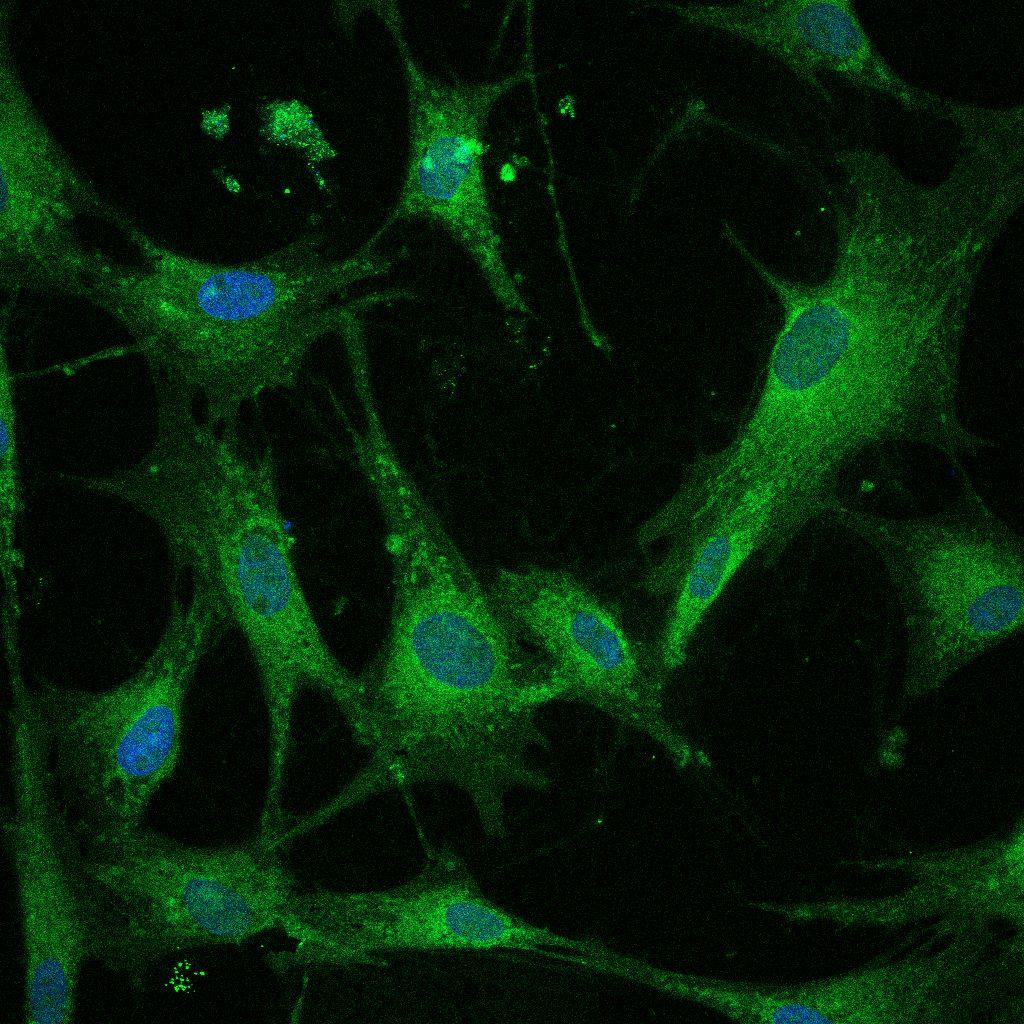Infectivity of wild bird origin avian paramyxovirus serotype 1 and vaccine effectiveness in chickens
Newcastle disease virus (NDV), a prototype avian paramyxovirus type 1 (APMV-1), causes economically devastating disease in avian species around the world. ND is enzootic in Pakistan and recurrent outbreaks are frequent in multiple avian species even after continuous and extensive use of vaccines. A number of APMV-1 and pigeon paramyxovirus serotype 1 (PPMV-1) strains have been isolated and genetically characterized in recent years. However, the impact of recently characterized wild bird origin APMVs in domestic poultry, and the potency of routinely used vaccines against these novel and genetically diverse viruses remain unknown. Here, we applied next generation sequencing for unbiased complete genome characterization of APMV-1 and PPMV-1 strains isolated from clinically diseased peacocks (Pavo cristatus) and pigeons (Columba livia), respectively. Global phylodynamics and evolutionary analysis demonstrates Pigeon/MZS-UVAS-Pak/2014 is clustered into lineage 4 (or genotype VI) and Peacock/MZS-UVAS-Pak/2014 into lineage 5 (or genotype VII). The genomes of both isolates encoded for polybasic residues (112RRQKR?F117) at the fusion protein cleavage motif along with a number of important substitutions in the surface glycoproteins compared to the vaccine strains. Clinicopathological and immunological investigations in domesticated chickens indicate that these isolates can potentially transmit between tested avian species, can cause systemic infections, and can induce antibodies that are unable to prevent virus shedding. Collectively, the data from these genomic and biological assessments highlight the potential of wild birds in transmitting APMVs to domesticated chickens. The study also demonstrates that the current vaccine regimens are incapable of providing complete protection against wild bird origin APMVs and PPMVs.
